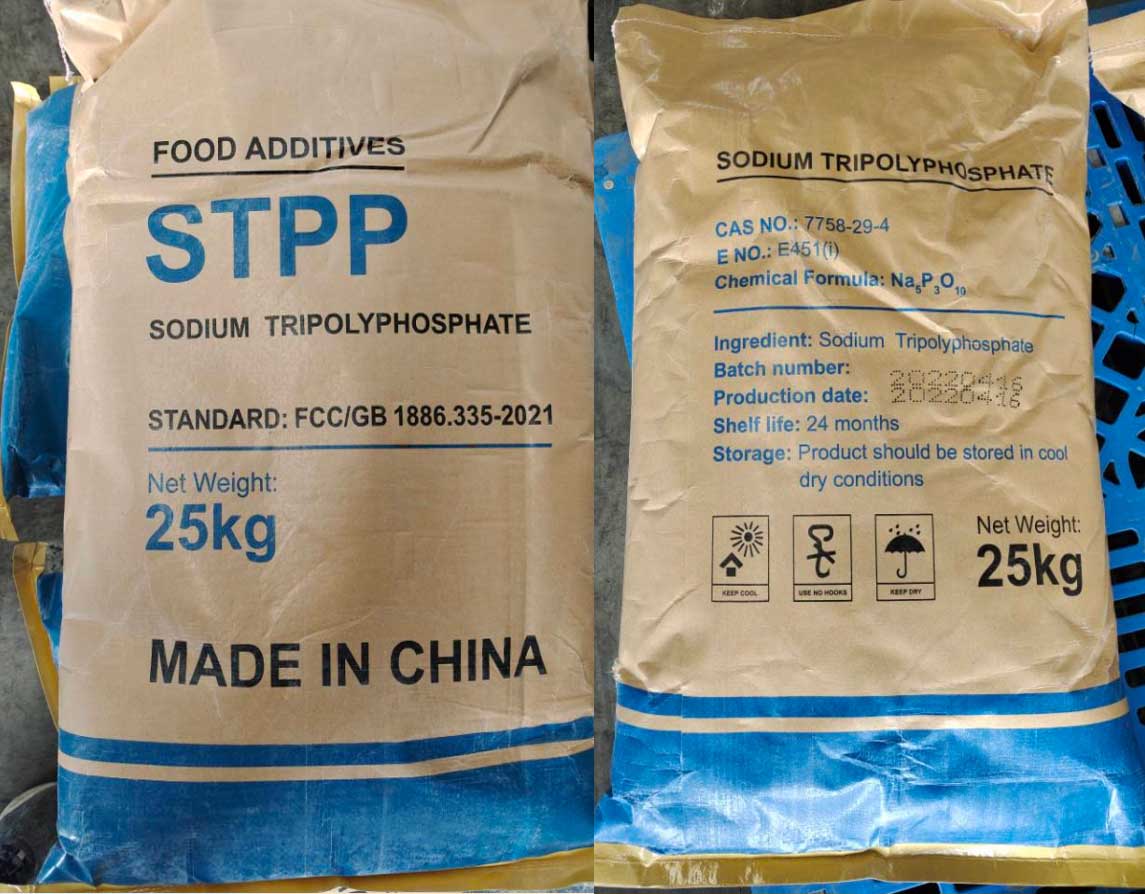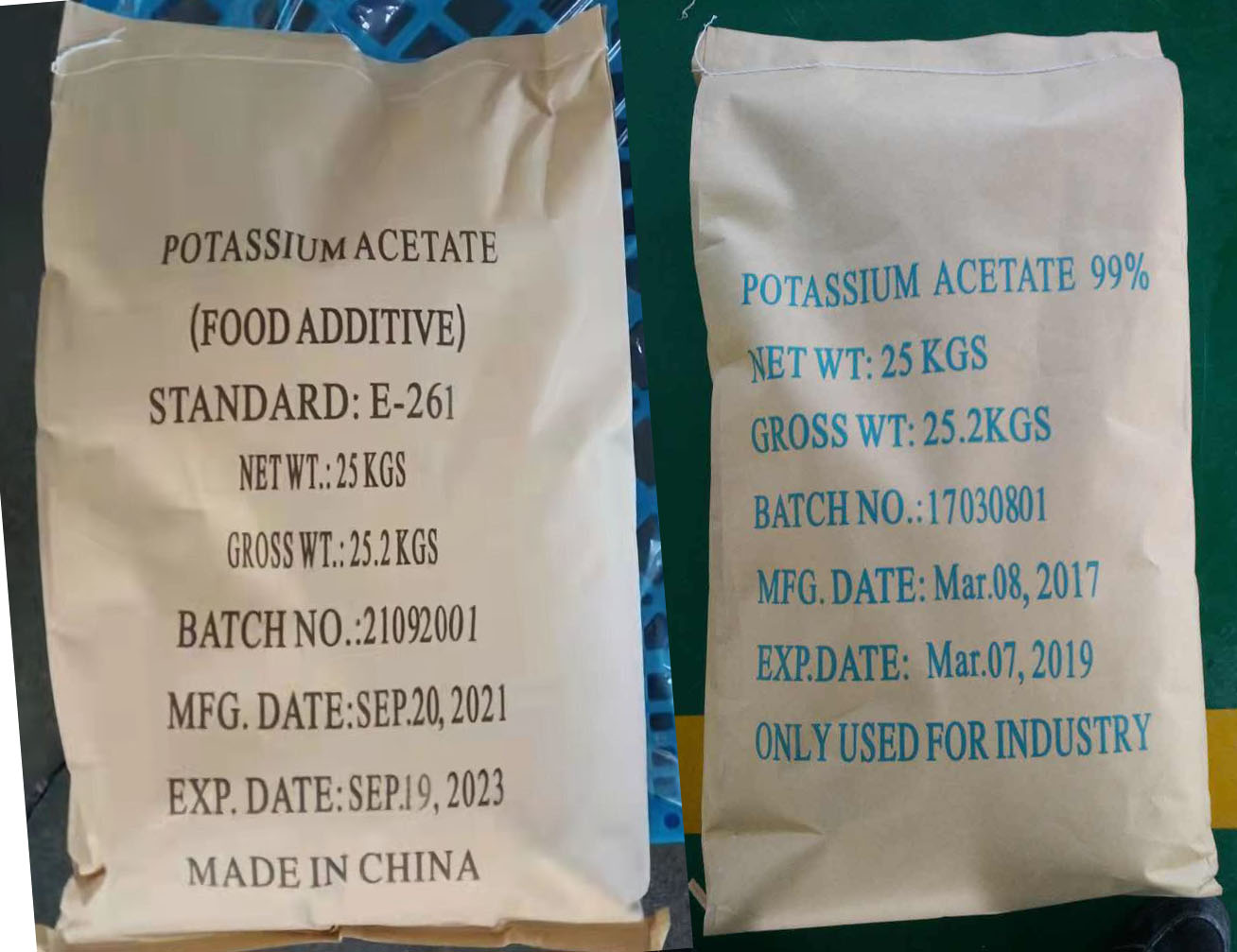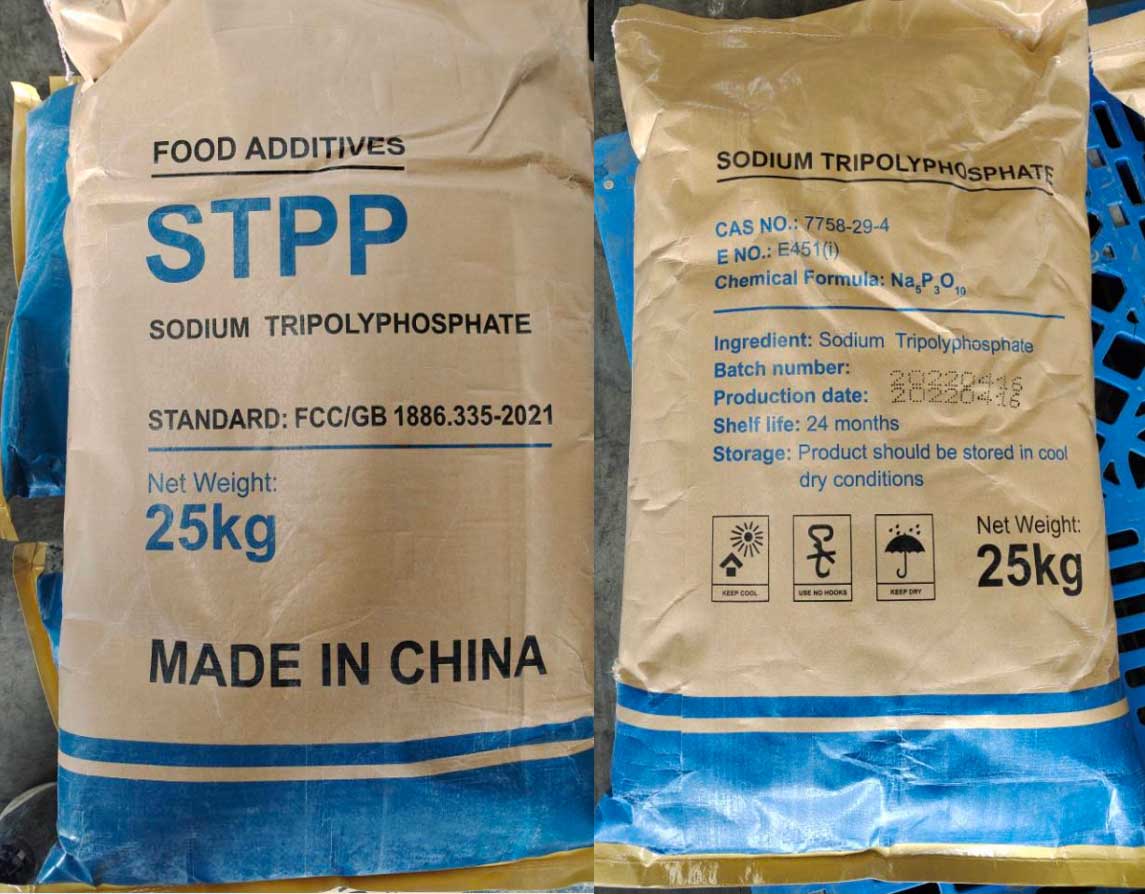Sodium tripolyphosphate (STPP), also known as pentasodium triphosphate, is a versatile compound widely used in the food industry due to its multifunctional properties. One of its primary applications is as an emulsifier, where it helps to stabilize mixtures of oil and water, preventing them from separating. This property is particularly valuable in the production of various food products, such as salad dressings, sauces, and dairy-based products like ice cream and yogurt.
In addition to its role as an emulsifier, STPP serves several other important functions in food processing. It acts as a pH regulator, helping to maintain the acidity levels in foods, which is crucial for preserving the quality and shelf life of products. For instance, in canned goods, STPP can prevent the growth of harmful bacteria by maintaining a stable pH. It also functions as a sequestrant, binding to metal ions that can cause undesirable changes in color, flavor, and texture. This is especially useful in the production of beverages, where it can help to prevent cloudiness and sedimentation.

STPP is also employed as a dispersing agent, ensuring that ingredients are evenly distributed throughout a product. This is particularly important in the manufacturing of powdered products like instant soups and drink mixes, where uniform distribution of ingredients is essential for consistent quality. Furthermore, it can enhance the water retention capacity of meat and poultry products, leading to juicier and more tender final products. This is achieved by forming a complex with proteins, which helps to retain moisture during cooking and storage.
The use of STPP in the food industry is regulated by various food safety authorities, including the U.S. Food and Drug Administration (FDA) and the European Food Safety Authority (EFSA). These organizations have established guidelines and maximum allowable levels to ensure the safe consumption of foods containing STPP. The FDA, for example, allows the use of STPP in a wide range of food products, provided that the levels do not exceed specified limits.
Despite its numerous benefits, there are some concerns regarding the use of STPP in food. Some studies have suggested that high levels of phosphates, including those from STPP, may be linked to health issues such as kidney problems and cardiovascular disease. As a result, there is a growing trend towards the development of alternative, natural emulsifiers and stabilizers. However, STPP remains a popular choice due to its effectiveness and cost-efficiency.
In summary, sodium tripolyphosphate (STPP) plays a vital role in the food industry as an emulsifier, pH regulator, sequestrant, and dispersing agent. Its ability to enhance the quality, stability, and shelf life of various food products makes it an indispensable ingredient in modern food processing. While there are some health concerns associated with its use, the benefits of STPP continue to make it a preferred choice for many food manufacturers.
Keywords:
- Sodium Tripolyphosphate (STPP)
- Emulsifier
- pH Regulator
- Sequestrant
- Dispersing Agent




